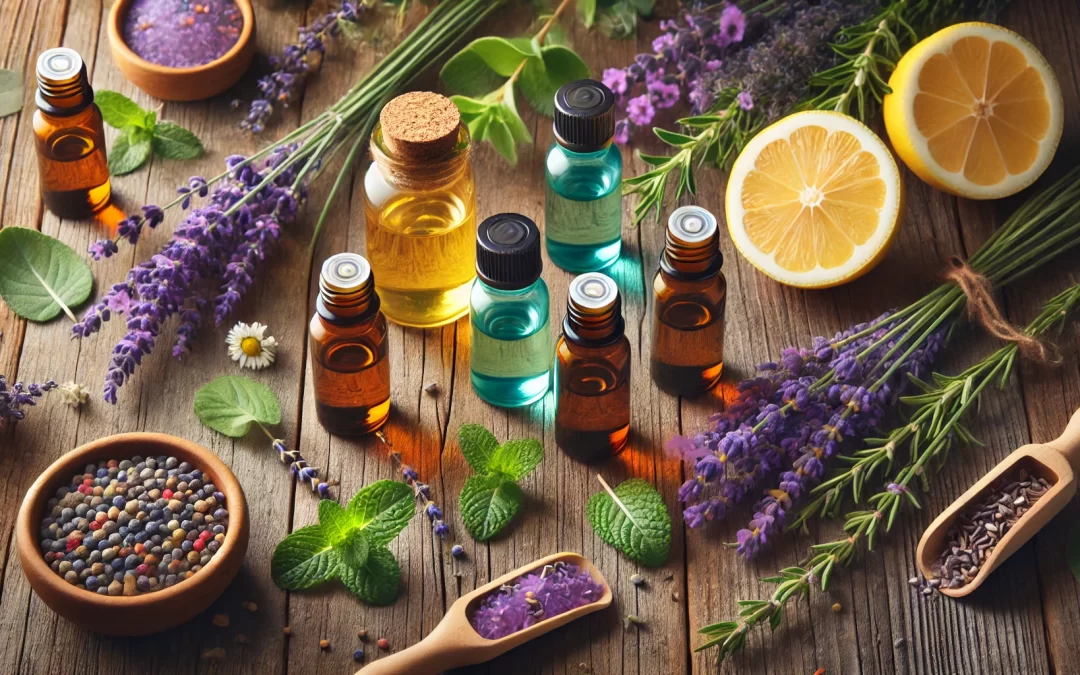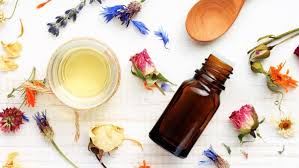
The Benefits of Ashwagandha: A Natural Remedy for Mind and Body
Ashwagandha (Withania somnifera), an ancient medicinal herb, has been used for over 3,000 years in Ayurvedic medicine. Often referred to as an adaptogen, it helps the body manage stress while offering a range of physical and mental health benefits. As modern science continues to validate its traditional uses, Ashwagandha has gained widespread popularity as a natural supplement. Below, we explore some of its most significant benefits.
1. Reduces Stress and Anxiety
One of the most well-researched benefits of Ashwagandha is its ability to reduce stress and anxiety. Studies suggest that the herb lowers cortisol levels, the hormone responsible for stress. Chronic stress can lead to numerous health issues, including high blood pressure, weight gain, and weakened immunity. By promoting relaxation and reducing cortisol levels, Ashwagandha helps individuals maintain a calmer, more balanced state of mind.
2. Enhances Cognitive Function
Ashwagandha has been shown to improve cognitive function, including memory, focus, and overall brain health. Research indicates that it may protect against neurodegenerative diseases like Alzheimer’s and Parkinson’s by reducing oxidative stress and inflammation in the brain. Additionally, it has been linked to enhanced reaction times, improved problem-solving skills, and better information retention.
3. Boosts Energy and Stamina
Traditionally used to enhance vitality, Ashwagandha is known to improve physical performance and endurance. Athletes and fitness enthusiasts often take it to increase muscle strength and recovery. Studies have shown that it can enhance oxygen consumption during exercise, leading to better stamina and reduced fatigue.
4. Supports Immune Function
Ashwagandha has powerful anti-inflammatory and antioxidant properties that help boost the immune system. By reducing inflammation and fighting oxidative stress, it supports overall immunity and helps the body defend against infections and diseases.
5. Balances Hormones and Supports Reproductive Health
Ashwagandha is known for its role in hormonal balance. In men, it has been linked to increased testosterone levels and improved sperm quality. In women, it helps regulate menstrual cycles and may alleviate symptoms of polycystic ovary syndrome (PCOS). Additionally, its adaptogenic properties support the adrenal glands, which play a crucial role in hormone production and balance.
6. Improves Sleep Quality
Those suffering from insomnia or poor sleep may benefit from Ashwagandha’s calming effects. Research has shown that it can improve sleep quality by reducing stress, calming the nervous system, and promoting relaxation. This makes it a natural alternative to pharmaceutical sleep aids.
7. Supports Heart Health
Ashwagandha contributes to cardiovascular health by reducing cholesterol and triglyceride levels. It also helps regulate blood sugar, which can lower the risk of diabetes-related heart complications. By reducing stress and inflammation, it further protects the heart from disease.
Conclusion
Ashwagandha is a powerful natural remedy with numerous health benefits, ranging from stress reduction to enhanced cognitive function, improved stamina, and hormonal balance. Whether taken as a supplement, tea, or in powder form, it can be a valuable addition to a healthy lifestyle. However, consulting a healthcare professional before use is recommended, especially for those with underlying health conditions or taking medication.
With its long history of use and increasing scientific support, Ashwagandha remains one of nature’s most versatile and beneficial medicinal herbs.


